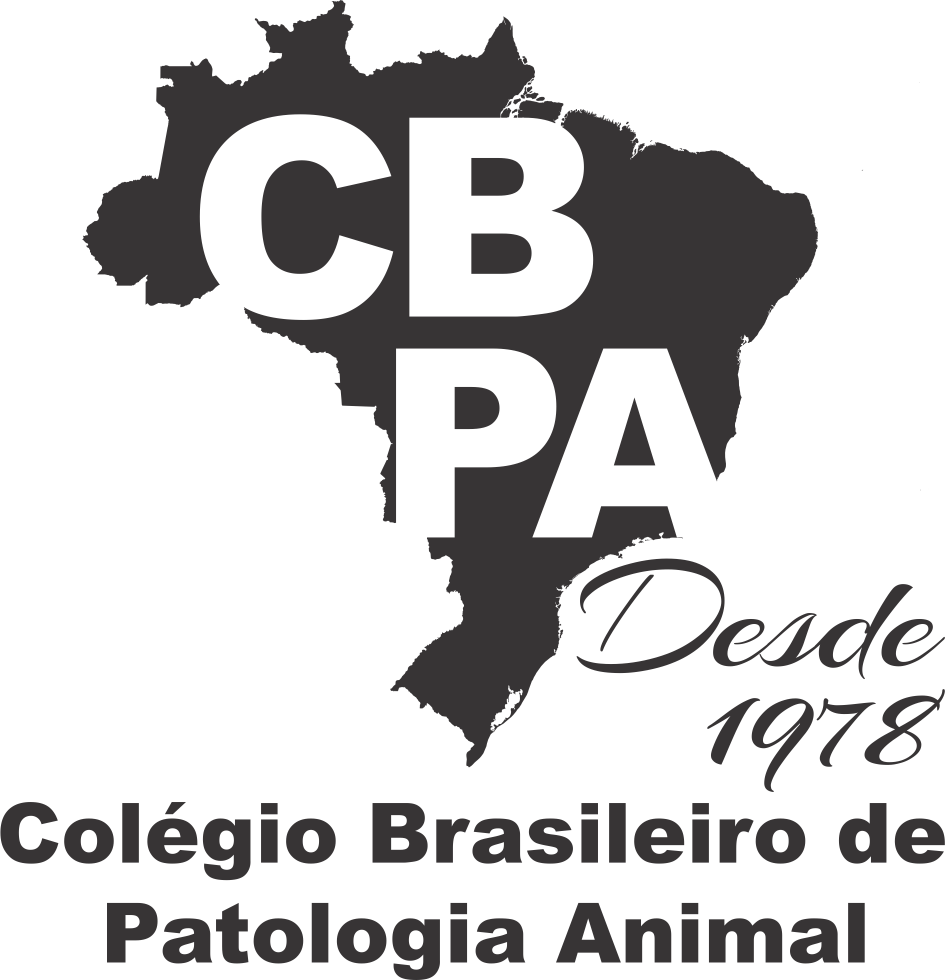Resultado da pesquisa (1)
Termo utilizado na pesquisa poultry litter.
#1 - Botulismo em bovinos alimentados com cama de frango, p.115-119
Abstract in English:
Dutra I.S., Döbereiner J. & Souza A.M. 2005. [Botulism in beef and dairy cattle fed with poultry litter.] Botulismo em bovinos alimentados com cama de frango. Pesquisa Veterinária Brasileira 25(2):115-119. Depto Apoio, Produção e Saúde Animal, Curso de Medicina Veterinária, Universidade Estadual Paulista (Unesp), Rua Clóvis Pestana 793, Araçatuba, SP 16065-080, Brazil. E-mail: isdutra@fmva.unesp.br
Outbreaks of botulism caused by type C and D of the botulinum toxin are frequent in Brazil, and are associated with bone chewing and ingestion of contaminated food and water. This paper reports the epidemiological, clinical, pathological and laboratorial aspects of 7 outbreaks of botulism in beef and dairy cattle fed with poultry litter, which occurred in the states of São Paulo and Minas Gerais, 1989-2000. Five outbreaks occurred in beef cattle herds, raised in confinement or under pasture conditions and supplemented with poultry litter, and 2 outbreaks occurred in dairy farms. From o total of 1,535 cattle supplemented regularily with poultry litter 455 animals (29.64%) died within 2 to 4 weeks. Morbidity and mortality varied from 3.47 to 100% in the 7 outbreaks. In one of the farms the lethality was 60.52%, and in others more than 88.43%, reaching 100% in three farms. Clinical signs were progressive paralysis, difficulties in moving, decubitus, normal alertness, decreased muscular tonus of tongue and tail, sialorrhoe and dyspnoe. At post-mortem examination of 30 cattle no noteable changes were observed. Spores of Clostridium botulinum were found in poultry litter samples collected on 7 farms. In liver, ruminal and intestinal fluid samples from 30 necropsied cattle botulinum toxin of type C (5) and D (9) or of the CD complex (1) were found in at least one of the samples collected from 15 animals, which confirms the clincial, pathological and epidemiological diagnosis of botulism.
Abstract in Portuguese:
Dutra I.S., Döbereiner J. & Souza A.M. 2005. [Botulism in beef and dairy cattle fed with poultry litter.] Botulismo em bovinos alimentados com cama de frango. Pesquisa Veterinária Brasileira 25(2):115-119. Depto Apoio, Produção e Saúde Animal, Curso de Medicina Veterinária, Universidade Estadual Paulista (Unesp), Rua Clóvis Pestana 793, Araçatuba, SP 16065-080, Brazil. E-mail: isdutra@fmva.unesp.br
Outbreaks of botulism caused by type C and D of the botulinum toxin are frequent in Brazil, and are associated with bone chewing and ingestion of contaminated food and water. This paper reports the epidemiological, clinical, pathological and laboratorial aspects of 7 outbreaks of botulism in beef and dairy cattle fed with poultry litter, which occurred in the states of São Paulo and Minas Gerais, 1989-2000. Five outbreaks occurred in beef cattle herds, raised in confinement or under pasture conditions and supplemented with poultry litter, and 2 outbreaks occurred in dairy farms. From o total of 1,535 cattle supplemented regularily with poultry litter 455 animals (29.64%) died within 2 to 4 weeks. Morbidity and mortality varied from 3.47 to 100% in the 7 outbreaks. In one of the farms the lethality was 60.52%, and in others more than 88.43%, reaching 100% in three farms. Clinical signs were progressive paralysis, difficulties in moving, decubitus, normal alertness, decreased muscular tonus of tongue and tail, sialorrhoe and dyspnoe. At post-mortem examination of 30 cattle no noteable changes were observed. Spores of Clostridium botulinum were found in poultry litter samples collected on 7 farms. In liver, ruminal and intestinal fluid samples from 30 necropsied cattle botulinum toxin of type C (5) and D (9) or of the CD complex (1) were found in at least one of the samples collected from 15 animals, which confirms the clincial, pathological and epidemiological diagnosis of botulism.









